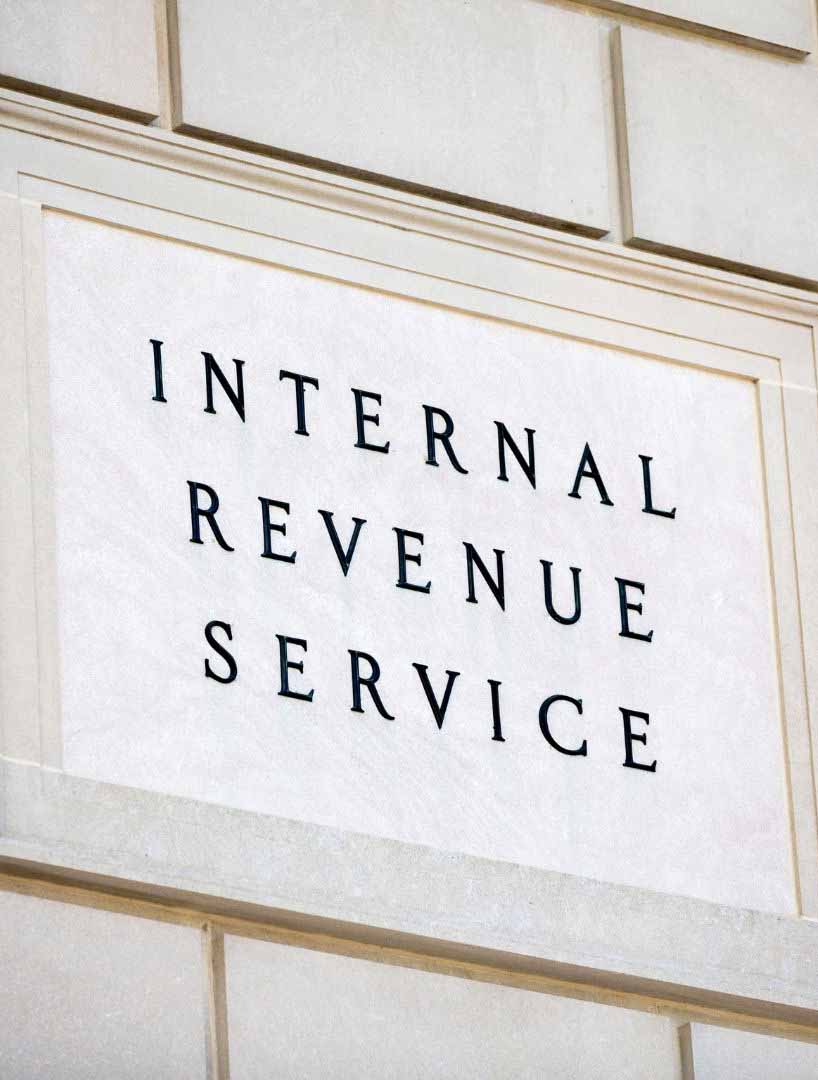IRS Negotiation Lawyer in Pennsylvania and New Jersey
Top Bankruptcy Attorneys and Home Foreclosure Defense Attorneys.
Over 750 ★★★★★ Google Reviews

Contact Our Attorneys Today



EVALUATION
At Sadek Bankruptcy Law Offices, we realize that every situation is different. Our debt relief lawyers will take the time to learn about your situation and your goals. Our objective is to explain your legal options and offer the best debt relief strategy for you in the most compassionate and friendly manner possible. Call 24/7 to schedule your meeting with a lawyer.
AVAILABLE
Our office understands the financial stress our clients endure. Therefore, in addition to reasonable legal fees, we offer a payment plan to all of our valued clients to make quality legal services most affordable.
AND NJ
In addition to our primary law office in Center City, Philadelphia, we also have law offices throughout the Greater Philadelphia, Pennsylvania Area and in New Jersey. Our branch offices have contributed to making us the #1 Bankruptcy Filer and debt relief firm in the Greater Philadelphia area. Our goal is to have a convenient location within 20 minutes of where our clients work or reside.
Experienced IRS Negotiation Attorney in PA and NJ
There are two primary methods for negotiating tax debt with the Internal Revenue Service (IRS). Those methods are an Offer in Compromise and an Installment Agreement.
Generally, an Offer in Compromise is more favorable for the taxpayer, however, the disclosure requirements are greater, and the duration to negotiate and finalize an amicable agreement with the IRS is a more prolonged process.
Sadek Bankruptcy Law Offices is experienced in handling the below-listed agreements with the IRS. Our attorneys can negotiate with the IRS on your behalf and seek a resolution to your tax concerns.
To schedule a free and confidential consultation, call our law firm at (215)-545-0008.

What Is An Offer In Compromise?
An offer in compromise (OIC) with the IRS is a program that allows taxpayers to settle their tax debt for less than the full amount owed. It’s designed for individuals and businesses who cannot pay their tax liability in full or who can demonstrate that paying the full amount would create financial hardship.
To qualify for an OIC, taxpayers must meet specific criteria set by the IRS, which typically includes demonstrating an inability to pay the full tax debt through assets, income, and expenses analysis. The IRS considers factors such as income, expenses, asset equity, and future earning potential in determining whether to accept an offer.
Submitting an OIC involves completing extensive paperwork and providing detailed financial information to the IRS. If accepted, taxpayers can settle their tax debt for an agreed-upon amount, which may be significantly less than the original debt. This is ideal for individuals or businesses who face financial hardship. We strongly recommend working with a tax professional or attorney who has extensive experience with offers in compromise.
IRS Offer in Compromise Form
For offers in compromise based on doubt as to collectability or on effective tax administration, those looking to submit an offer in compromise must use Form 656-B. This is a booklet that includes forms and instructions for the following.
- Form 656, Offer in Compromise
- Form 433-A, Collection Information Statement for Wage Earners and Self-Employed Individuals
- Form 433-B, Collection Information Statement for Businesses
For those submitting an offer in compromise based on doubt as to liability, they will need to file the following form.
- Form 656-L
The attorneys at Sadek Law can help you determine whether or not you qualify for an offer in compromise with the IRS’s Offer in Compromise Pre-Qualifier tool. We will help you fill out the forms with all necessary information, including income, basic living expenses, and more, before submitting your preliminary proposal. Depending on whether or not you qualify for an offer in compromise, we will either help you proceed with the process or help you achieve debt relief another way.
Doubt as to collectability
Doubt as to the collectability of a tax debt exists when it appears that the taxpayer could never pay the full amount of tax liability owed within the remainder of the statutory period for collection.
In circumstances like these, the IRS may forgive some or all of the tax debt. However, the doubts as to collectability must be proven through evidence.
Doubt as to liability
In other circumstances the taxpayer may claim that he or she was not actually liable for the tax owed.
Essentially, the taxpayer must show that a legitimate doubt exists regarding the amount of assessed tax liability.
A taxpayer may believe that there is a doubt as to the liability when the examiner failed to follow the law, the examiner did not examine all evidence submitted by the taxpayer, or new evidence would change the determination.
Effective tax administration
There is no doubt that the tax is correct and there is potential to collect the full amount of the tax owed, but an exceptional circumstance exists that would allow the IRS to consider an OIC.
To be eligible for compromise on this basis, a taxpayer must demonstrate that the collection of the tax would create an economic hardship or would be unfair and inequitable.
How Much Should I Offer in Compromise to the IRS?
The amount you should offer in compromise to the IRS depends on your ability to pay, your income, expenses, and asset equity. Generally, the IRS expects the offer to be at least equal to the reasonable collection potential (RCP), which is the total value they believe they can collect from your assets and future income.
For some, paying off their tax debt in installment tax payments works best. For others, having their initial payment to the IRS be a lump sum payment is a better option. We always recommend speaking with one of our tax professionals before making a decision on how to proceed.
IRS Installment Agreements
For those who cannot resolve their tax debt through an offer in compromise, an installment agreement can allow a taxpayer to devise a reasonable payment plan option. Installment agreements allow for the full payment of the tax debt in smaller, more manageable amounts.
There are different types of Installment Agreements, which allow you to pay IRS taxes over a series of monthly payments if you cannot pay in full. The most common types of tax installment Agreements handled by Sadek Bankruptcy Law Offices are:
Guaranteed installment agreement
This is the most straightforward form of an installment agreement. This form of an installment agreement is reserved for taxpayers owing $10,000.00 or less in unpaid taxes.
Streamlined installment agreement
This form of an installment plan is intended for taxpayers that have tax debt of $25,000.00 or less. It is deemed a streamlined filing because it does not require a comprehensive financial disclosure.
Financially verified installment agreement
Taxpayers who owe greater than $25,000.00 or who are unable to make the minimum monthly payment on a Streamlined Installment Agreement may consider this form of agreement.
Installment agreement over $100,000.00
A tax debt to the IRS that is greater than $100,000.00 requires a longer-term installment agreement. In certain circumstances, the IRS will mandate the sale of at least some assets to satisfy debt some of your debt as a precondition to an offer.
Partial payment installment agreement
If you are truly unable to pay off your taxes, you can look to apply for a Partial Payment Installment Agreement which will require you to pay less than you owe in full over time, as part of your debt falls of each period due to the Statue of Limitations. This is rarely accepted and requires full financial disclosures.
The above captures the main types of available installment agreements. While rare, in certain circumstances a petition for innocent spouse relief may also relieve tax liability. Innocent tax liability is a form of relief that can protect a spouse who played no part in tax mistakes or fraud from back taxes, penalties, and other punishment.
How to Get an Offer in Compromise Approved
To get an offer in compromise (OIC) or installment agreement request approved by the IRS, you must first ensure you meet the eligibility criteria. This includes having filed all required income tax returns and made any necessary estimated tax payments. Additionally, you must not be in an open bankruptcy proceeding.
Next, gather detailed financial documentation, including information on your income, expenses, and asset equity. The IRS uses this information to determine your reasonable collection potential (RCP), which is crucial for their decision on your offer.
Then, complete Form 656, “Offer in Compromise,” along with Form 433-A (OIC) for individuals or Form 433-B (OIC) for businesses. These forms require comprehensive financial documentation. An application fee is typically required unless you qualify for a low-income exception.
Include an initial payment with your offer, which varies based on your payment plan. For a lump-sum offer, you generally need to include 20% of the total offer amount. The IRS will review your submission, a process that can take several months, and may request additional information.
If the IRS contacts you for more information, respond promptly and accurately. Providing clear and thorough documentation increases the likelihood of approval. If your offer is accepted, you must comply with all future tax obligations for the next five years to maintain the agreement. This may include allowing the IRS to keep any tax refund you might be owed.

Work with Our Dedicated and Experienced Bankruptcy Lawyers
Sadek Bankruptcy Law Offices, LLC has a dedicated team of lawyers who help clients achieve the benefits of bankruptcy in Pennsylvania and New Jersey. Our lawyers have over 75 years of combined experience and have filed more than 5,000 successful bankruptcy cases.
